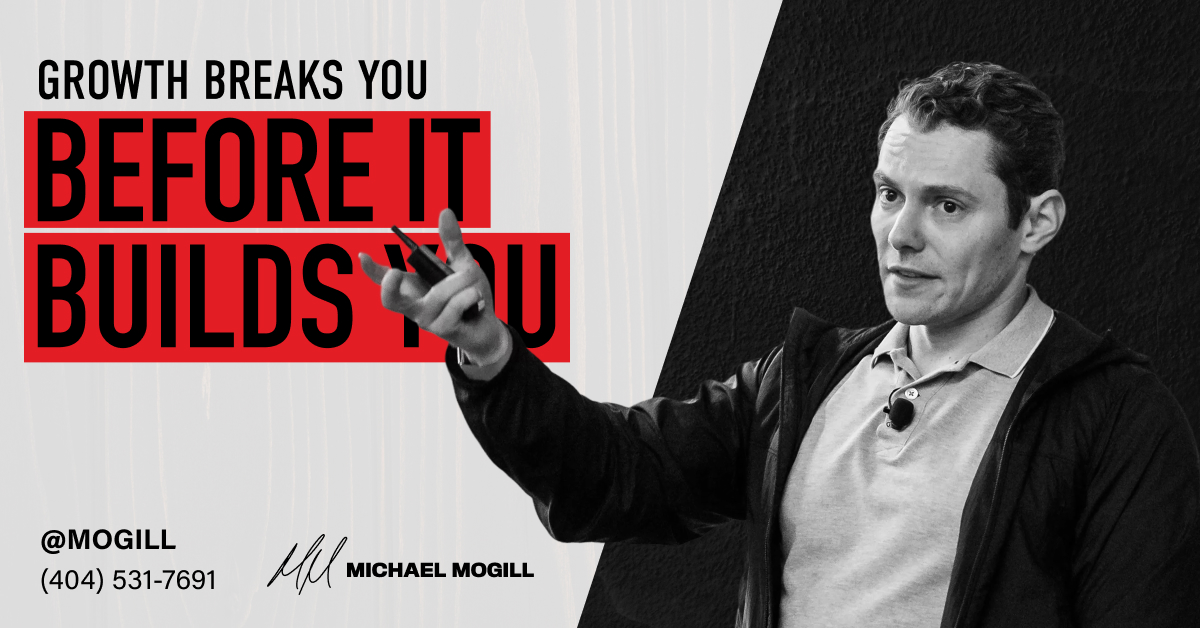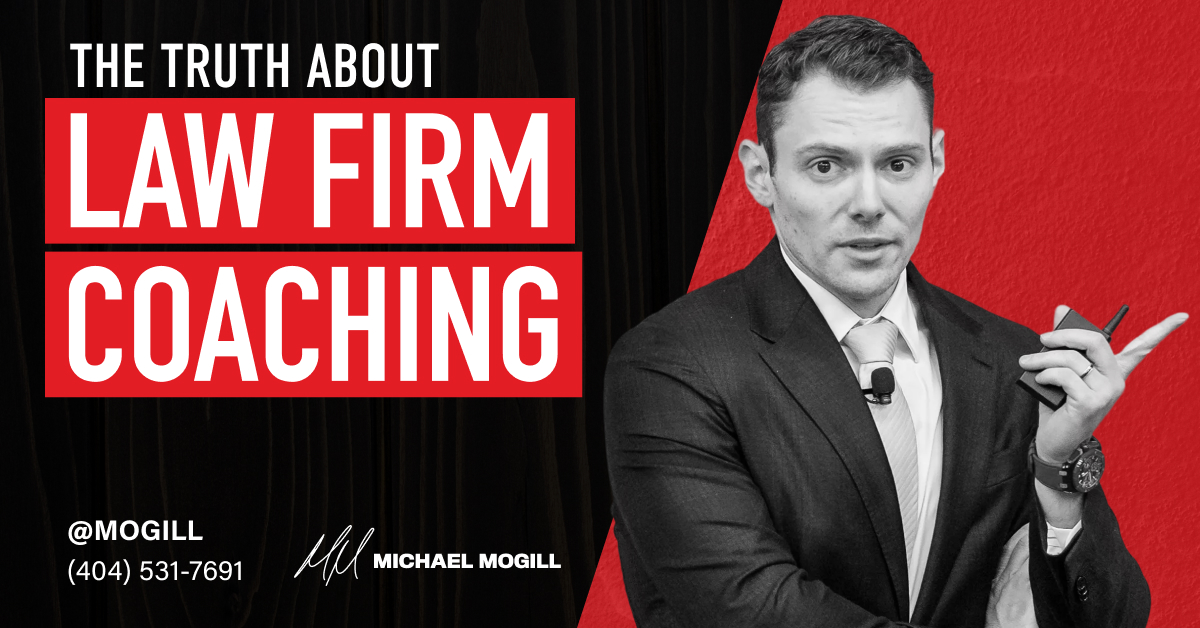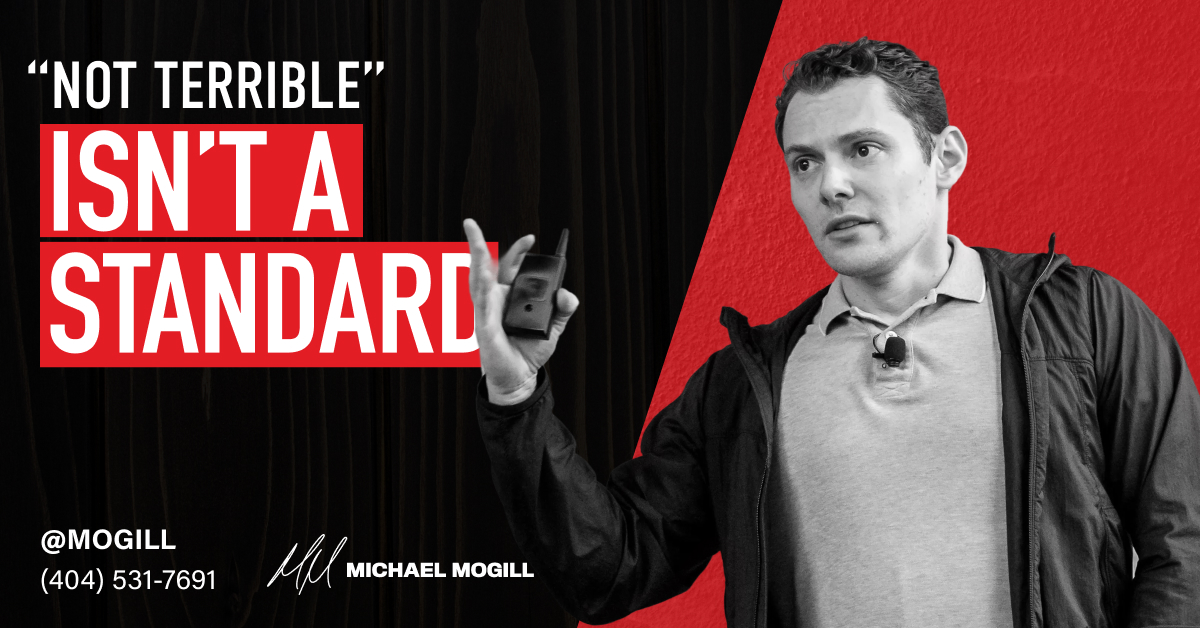We assume we’re open-minded because we generally tend to welcome new ideas and enjoy hearing different viewpoints. But is that really true or just something we like to tell ourselves to feel better?
If you look at the root of any belief and ask yourself why you believe it, the answer more often than not comes down to two things:
- The information you consume
- The experiences you’ve had.
The news you watch, the books you read, the social media you scroll: they all shape your worldview.
Your personal experiences — the people you’ve met, the places you’ve been, the successes and failures you’ve endured — reinforce what you perceive as true even more.
So what would have happened if you grew up with a completely different set of experiences? Or if you consumed an entirely different stream of information over the past decade? You’d likely have a very different set of beliefs.
This means that many of the ideas we hold tightly aren’t necessarily a result of deep critical thinking or rational, objective analysis. They’re simply a reflection of the inputs we’ve received over time.
Politics is one of the clearest examples of this.
We’ve all seen smart, articulate people echo talking points they picked up from a headline, a podcast, or a viral TikTok. They speak with confidence and conviction, parroting opinions that aren’t truly their own — not because they’re unintelligent, but because they haven’t considered the possibility that there might be another way to look at things.
And that happens on all sides.
Everyone thinks God is on their side. That they are the “right” ones. But if both sides believe they’re right with equal passion and conviction, how can we be so sure we’re the ones with the best argument?
That’s not to say there’s no such thing as truth, but it is a reminder that our access to it is always filtered by perspective and bias.
The real growth starts when you begin to ask a different set of questions.
Instead of wondering why someone is so wrong, try asking questions like:
- “What led them to believe that?”
- “What have they seen that I haven’t?”
- “How might I see the world if I’d lived their life?”
This type of curiosity isn’t a weakness or indecision. It’s a sign of strength, maturity, and exemplary leadership.
Being open-minded doesn’t mean you’re abandoning your beliefs. It means being empathetic enough to understand others.
It means realizing that if someone stands on the opposite side of an issue you feel strongly about, there’s probably a reason — a story, a journey, a set of experiences and information — that brought them there.
That doesn’t make them stupid. It makes them human.
If you’re serious about growing as a leader, a teammate, and as a person, then it’s worth examining how much of your worldview is yours and how much of it is borrowed.
True open-mindedness isn’t about pretending all opinions are equal. It’s about recognizing that your own might be incomplete.
Next time you find yourself mentally or literally rolling your eyes at a differing viewpoint, I encourage you to pause, step back, and consider what you haven’t seen and might not understand yet.
You don’t have to change your mind. But you do have to be willing to stretch it.
That’s where the real breakthroughs will happen.






